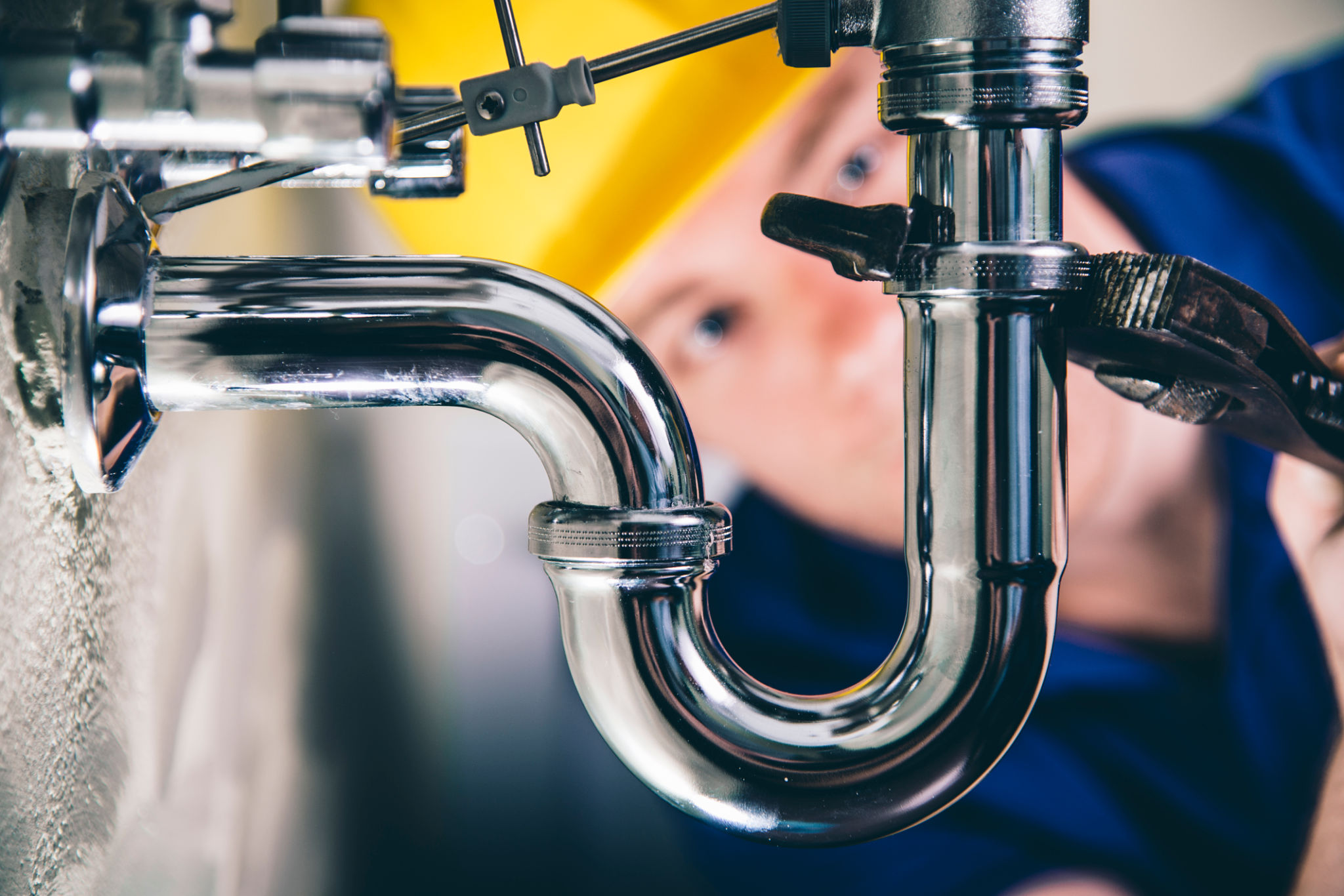Top Myths About Plumbing Repair Debunked
Understanding Common Plumbing Myths
When it comes to plumbing repair, there are numerous myths that many homeowners believe. These misconceptions can lead to costly mistakes and unnecessary repairs. It's important to distinguish between fact and fiction to maintain a well-functioning plumbing system.
Myth 1: All Plumbing Repairs Are DIY Projects
Many people think that all plumbing repairs can be handled without professional assistance. While some minor issues, like unclogging a drain, might be manageable, most plumbing problems require the expertise of a skilled plumber. Attempting to fix complex issues on your own can result in further damage and higher repair costs.

Myth 2: A Leaky Faucet Is Just a Minor Nuisance
It's a common belief that a leaky faucet is merely an annoyance. However, ignoring a drip can waste gallons of water over time, significantly increasing your water bill. Moreover, persistent leaks can indicate underlying issues within your plumbing system that need attention.
Addressing a leaky faucet promptly can save water and prevent more serious problems. Regular maintenance and timely repairs are crucial to avoid larger issues down the road.
Myth 3: Chemical Drain Cleaners Are Safe and Effective
Chemical drain cleaners are often seen as a quick fix for clogged drains. However, these products can cause more harm than good. The harsh chemicals can corrode pipes, leading to leaks or even pipe bursts over time. Additionally, they may not effectively resolve the clog, leaving residue that contributes to future blockages.

Myth 4: All Plumbers Are the Same
Assuming that all plumbers offer the same level of service is another common misconception. Plumbers vary in experience, expertise, and specialization. It's essential to research and choose a plumber with a solid reputation and the necessary qualifications for your specific needs.
Always check reviews and credentials before hiring a plumber to ensure you're receiving quality service.
Myth 5: Low Water Pressure Is Not a Big Deal
Low water pressure might seem like a minor inconvenience, but it can be indicative of more significant plumbing issues. Problems such as pipe blockages, leaks, or even mineral buildup in pipes can cause decreased water pressure.

If you notice consistently low water pressure, it's wise to consult a professional plumber who can diagnose and resolve the issue before it escalates.
Conclusion
Understanding and debunking these common plumbing myths is crucial for maintaining a healthy plumbing system in your home. By relying on expert advice and timely interventions, you can avoid costly repairs and ensure your plumbing functions efficiently for years to come.